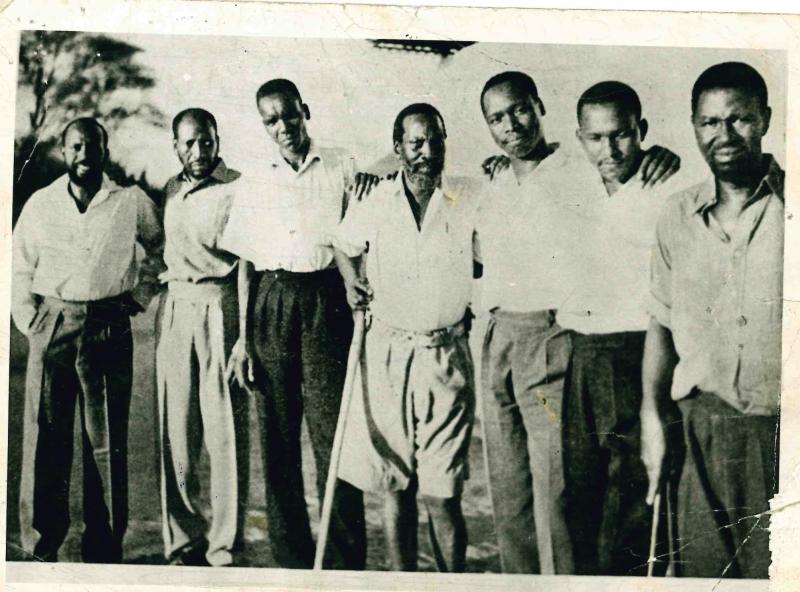×
The Standard e-Paper
Kenya’s Boldest Voice

Colonial historical accounts of the late President Daniel arap Moi depict him as a steely, unassuming character, one given to strong political views and being in the right place at the right time.
His demeanor though, and expression, sold a false narrative so much so that much later in President Jomo Kenyatta’s succession, many compared him to a passing cloud.